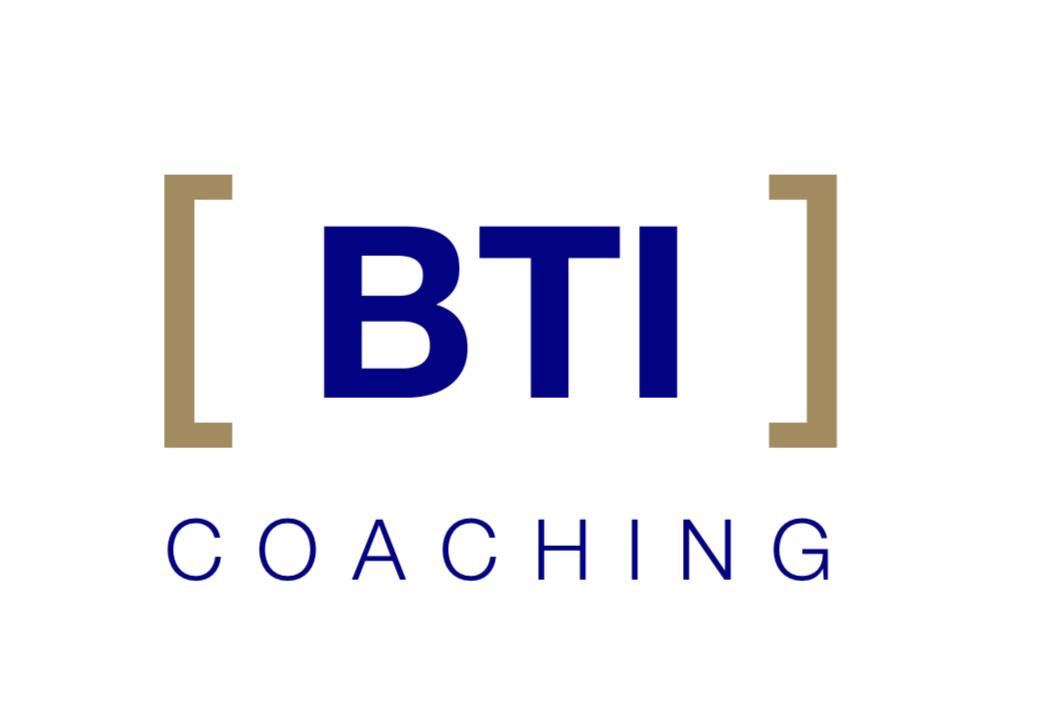Sometimes, wisdom lies not in striving to understand or control everything but in the ability to accept uncertainty and let go. This is not an act of indifference but a conscious choice: to embrace surrender, relaxation, and trust in the natural flow of life.
Embracing the Unknown
We often live with the notion that to fully experience life, we must understand and rationalize everything. However, overanalysing and seeking constant explanations can exhaust our minds, increasing stress and anxiety. Instead of locking ourselves into this endless quest, adopting a posture of non-seeking can liberate us. This allows us to view life as a mystery to cherish, not a puzzle to solve.
Zen philosophy embodies this approach of experiencing life without intellectual filters. It invites us to live each moment without striving for answers, to simply observe life without imposing explanations. In this attitude, we find a peace where the mind can rest, freed from the burden of constant analysis.
Letting Go of Control
In our lives, we tend to try and control every aspect—situations, relationships, and outcomes. Yet this obsession with control, rather than bringing security, often distances us from serenity. Letting go, conversely, means welcoming events as they come and resisting the urge to shape life according to our expectations.
Taoist philosophy sheds light on this concept through “wu wei,” or “non-action.” Laozi teaches that life has its own wisdom and that harmony often lies in following its natural course. Thus, relinquishing control becomes an act of wisdom—a way of acting only when it feels natural and necessary, trusting in life’s flow.
Abandoning the Need for Absolute Explanations
In a world where we aim to rationalize every aspect of reality, giving up this pursuit of absolute explanations offers newfound freedom. Faced with complex realities, accepting that not everything requires explanation is liberating. This is not ignorance or intellectual resignation but an acknowledgment of our limitations.
Montaigne invites us to embrace humility: to admit that our knowledge is limited and often biased, and that not everything needs clarification to be lived. Accepting mystery frees us from the need to control and helps us live in respectful tranquility of the unknown.
Releasing the Pursuit of Perfection
Our culture values performance and perfection, but this pursuit often brings pressure and frustration. By letting go of the ideal of perfection, we learn to accept our flaws and those of others. This releases us from the constant drive to do more or achieve more, allowing us to appreciate modest progress and small victories.
Epicurus’ teachings advocate for a simple life, where satisfaction lies in moderation. This is an invitation to stop chasing “more” and to recognize that life does not have to be flawless to be full and satisfying. Letting go of perfection enables us to live with greater gentleness and gratitude.
Accepting a Meaning of Life That Emerges Naturally
Finally, letting go includes the idea of not seeking a fixed, ultimate meaning of life. By relinquishing the need to find absolute significance, we free ourselves from existential pressure. This allows us to discover meaning in simple moments, as events unfold, without pursuing a grand mission.
Viktor Frankl, in his concept of logotherapy, reminds us that meaning does not need to be grandiose to be authentic. By living with openness and accepting each moment as meaningful, we find that meaning can naturally emerge without imposing a rigid direction.
Conclusion: The Art of Letting Go
The art of “not seeking” is rooted in acceptance, simplicity, and deep openness. By relinquishing the need to understand, control, explain everything, and achieve perfection, we create space to appreciate life as it is, free from overwhelming expectations.
This surrender invites us to live fully, in peace with the nature of existence, which is complex, changing, and often incomprehensible. We reconnect with our humanity by cultivating this serenity and freeing ourselves from the obsession with mastery. We thus rediscover the freedom to savor each moment and accept that wisdom sometimes lies not in seeking but simply in welcoming.
Related Posts
Thinking in an Uncertain World: Toward a Human Leadership
Crisis is not a dead end but a space to inhabit. Rather than fleeing uncertainty, we must engage with it, seeing it as a source of renewal rather than paralysis. Thought must embrace the fluidity of...
Redefining Desire: Embracing Fulfillment Through Acceptance and Purpose
Desire isn’t the enemy, but neither is it something to chase endlessly. Faut pas chercher invites us to stop seeking fulfillment through constant acquisition and instead accept desire without obsession. By...
Need for doubting
Explore the transformative power of doubt in fostering self-awareness and balance. By questioning assumptions, we open ourselves to growth, empathy, and resilience. This article delves into how critical...

